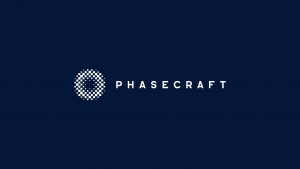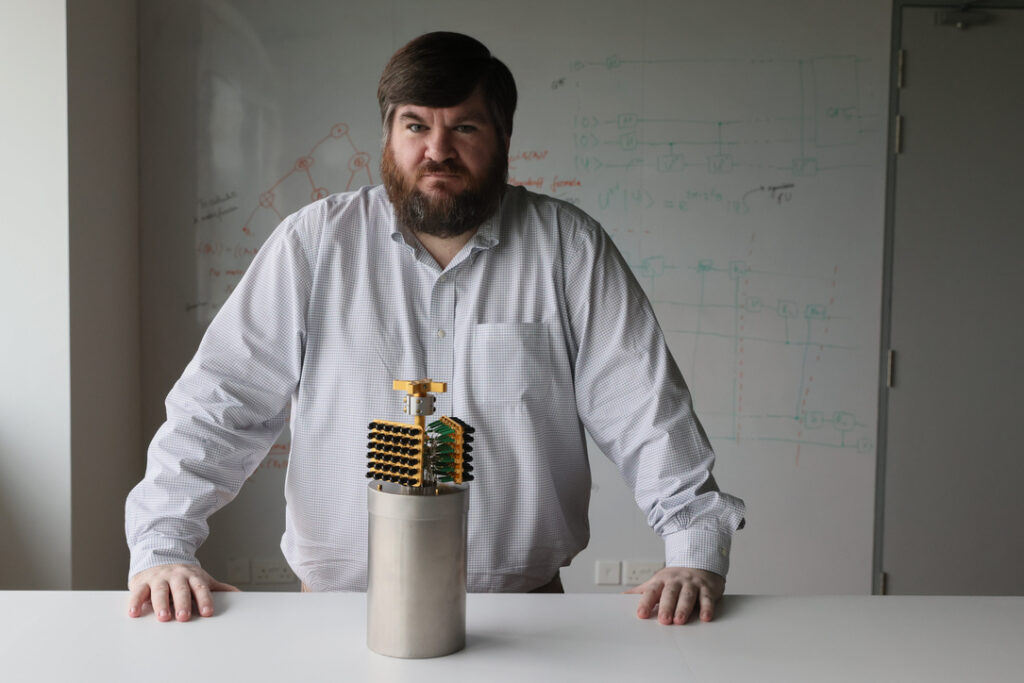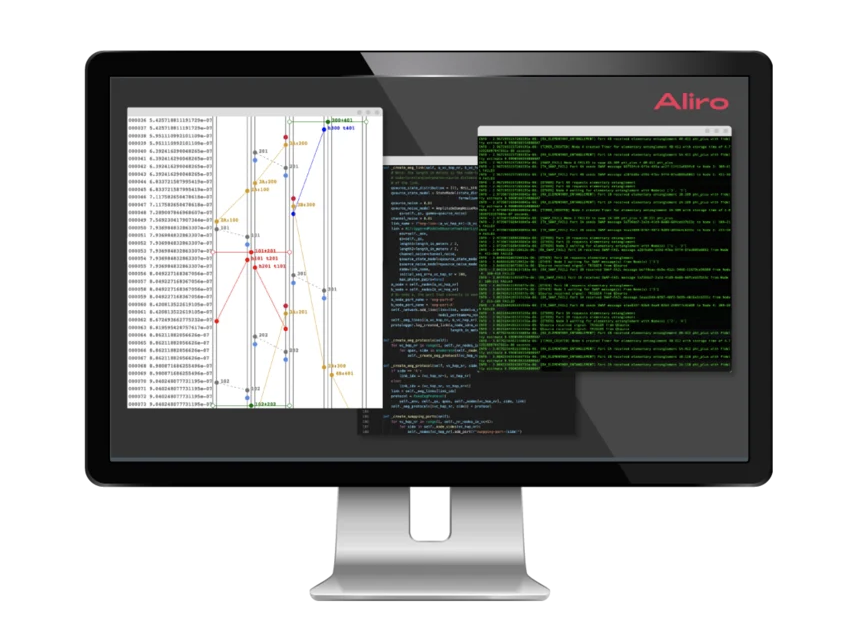
PRESS RELEASE — UK-based quantum software startup Phasecraft today continues to advance the potential of quantum computing as it reveals significant software advances for near-term quantum computers.
In a new peer-reviewed paper published in Nature Communications, Phasecraft shares a promising new strategy for simulation of quantum systems. Many people believe materials and chemistry simulation will be one of the first significant applications for quantum computing, allowing the simulation of complex materials beyond the capacity of even the most powerful supercomputers.
Hamiltonian simulation algorithms specifically provide a way to simulate materials at the atomic level using quantum computers. This method is a stepping stone to electronic structure calculations and simulations of battery cathode materials, photovoltaic solar cells, and other high-tech materials and chemistry applications. Quantum materials simulation could speed up discovery, saving years and billions in costs.
Real-world impact by speeding up materials R&D
Statista reports that companies spent $41 billion in 2019 for R&D in the advanced materials and chemicals sector to develop and test new materials for potential industrial use. Goldbeck (2016) estimated advanced computational materials modelling could bring potential cost savings of 60%. The potential impact of quantum computing in speeding up materials discovery is significant. BCG (2019) estimated the value created by quantum computing for materials modelling as $0.4-$0.6 billion over the next 3-5 years, rising to $2.5-$3 billion over 10 years and $27-55 billion over 20+ years. Phasecraft’s research breakthroughs promise to accelerate the pace of this real-world impact.
Toby Cubitt, Phasecraft co-founder and co-lead of the study: “Compared to the best previous research, our work shows an improvement of 5 orders of magnitude. Our new algorithm needs only 259 logical time steps, even accounting for noise and errors, compared to the previously recorded best of 1,243,586. This takes Hamiltonian simulation, previously believed to require fully-scalable, fault-tolerant quantum computers that is still decades off, within reach of much nearer-term hardware.
While our results do not yet fit the limited capacity of current quantum hardware, which are still an order of magnitude away from being able to run algorithms requiring this run-time, it brings us significantly closer. Algorithmic improvements of this magnitude reduce the timescale for applications of quantum computers by many years. Based on quantum hardware roadmaps from leaders such as IBM and Google, we may be able to see quantum advantage with useful scientific applications on quantum hardware within 2-3 years.”
“Based on quantum hardware roadmaps from leaders such as IBM and Google, we may be able to see quantum advantage with useful scientific applications on quantum hardware within 2-3 years.”
Useful applications for noisy, intermediate-scale quantum (NISQ) hardware
Quantum hardware’s current capacity is far too limited to run instances of even the simplest textbook quantum algorithms — and that’s without adding the error correction and fault tolerance required for large-scale quantum computations. Top-end quantum hardware currently allows ≈ 50 qubits capable of implementing quantum circuits up to a gate depth of ≈ 20. Real-world applications require techniques that go beyond the state-of-the-art.
Phasecraft creates real-world quantum applications, accounting for the capacity of NISQ devices. Its research includes benchmarking error mitigation and error correction techniques implemented within software algorithms to account for how quantum hardware functions in the real world.
Research co-lead Laura Clinton of Phasecraft and PhD student at UCL explained, “The idea for the research was to figure out how we can squeeze all the usefulness out of near-term quantum hardware. Our research shows new techniques that can be used across near-term noisy, intermediate quantum (NISQ) hardware to implement algorithms more efficiently as well as reduce the propagation of errors, by exploiting ‘bare metal’ control of qubit-level interactions, below the circuit and gate level.
Research team member Johannes Bausch of Phasecraft and University of Cambridge added, “In classical computation, it is common to perform low-level optimizations for time-critical subroutines. On quantum hardware, this line of thinking is far more challenging. We had to first identify what ‘shortcuts’ quantum hardware affords, and how much these allow us to push the limits of what is possible. This involved both rigorous analytical calculations, as well as extensive numerical simulations to pinpoint exactly what would be necessary on the hardware side to run the Hamiltonian simulation algorithms we propose.”
Phasecraft co-founder Ashley Montanaro added, “Phasecraft exists to demonstrate useful, real-world applications on the error-prone, noisy quantum hardware that exists now for the near term. While companies like Google (a Phasecraft partner) have recently declared that a useful quantum computer will be publicly available by 2029, Phasecraft’s work shows there’s potential to use quantum computing for useful applications beyond lab tests and demonstrations long before that deadline.”
As a next step, the Phasecraft team is working on small-scale implementations and demonstrations on industry hardware, with quantum hardware partners including Rigetti and IBM. Phasecraft is also working with industry partners, including Johnson Matthey, in a UKRI-facilitated project to look at efficient ways to use quantum computing to simulate battery materials.
Since it launched in 2019, Phasecraft has established partnerships with leading quantum computing companies, including Rigetti, IBM and Google, industry partnerships with Johnson Matthey, and several grants facilitated by UKRI, including developing the first large-scale commercial quantum computer in the UK with Rigetti. Phasecraft is now a team of 15 based throughout the UK and has raised more than $7m in funding from investors including Episode 1, LocalGlobe, Parkwalk Advisors and UCL Technology Fund.
Source: EurekAlert






















